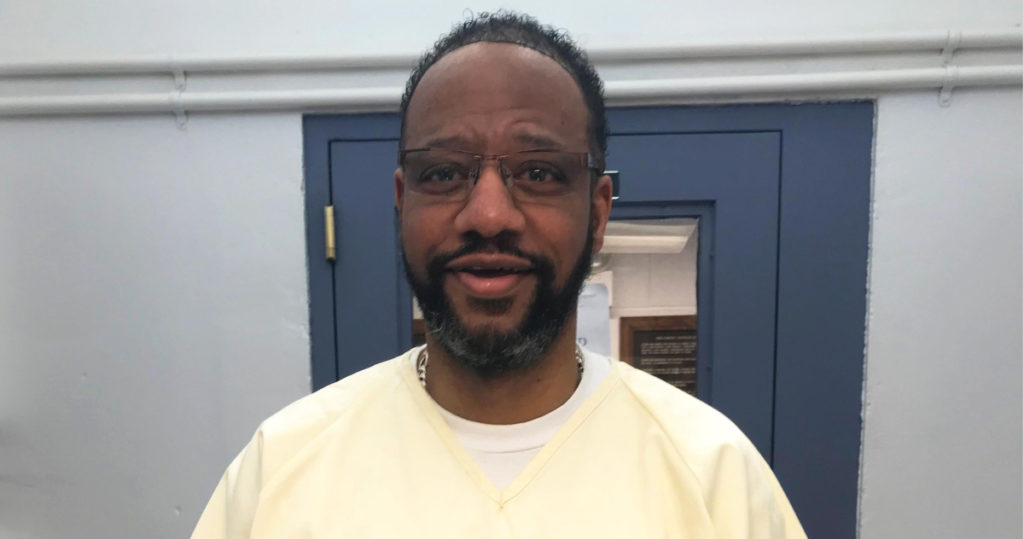
A Shelby County man who has spent more than three decades on death row for a crime he’s always said he did not commit has been granted one more chance to try to prove his innocence.
Judge Paula Skahan signed a ruling Wednesday morning that allows Pervis Payne’s defense team to test crime scene evidence for DNA, which never happened before Payne’s 1988 trial. Skahan ordered expedited testing for several items, including a knife, a pair of eyeglasses and a tampon.
With less than three months until Payne’s execution date, prosecutors argued DNA testing was merely a stalling tactic. But his lawyers said — and the judge agreed — that the results could call into question Payne’s murder conviction.
“When DNA evidence exists in a death penalty case, as it does here, it should always be tested to avoid the irreversible act of executing an innocent man,” attorney Vanessa Potkin with the Innocence Project said in a statement. “We have been clear from the beginning that DNA testing can be completed within 60 days. DNA testing is an important piece of the puzzle in this case which has been racially-charged from the start.”
Payne, who is Black, was sentenced to death for the stabbing death of Charisse Christopher, a white woman, and her daughter. Christopher’s young son was also stabbed but survived.
Payne has never denied that he was in Christopher’s kitchen that day in 1987. But he’s always maintained that he was at the scene because he tried to help the victims when he found them on the floor, in a pool of blood. Payne’s girlfriend at the time lived in the apartment across the hall, and he says he suspected that something might be wrong after seeing that the door had been left open.
When police arrived, Payne fled the scene. He says he worried law enforcement would assume he’d committed the crime. Shortly thereafter, he became the sole murder suspect.
Payne’s case has received renewed attention as he execution date nears, including from the New York-based Innocence Project. The nonprofit has agreed to cover the costs of Payne’s DNA testing and help with last-minute filings.
Earlier this week, Payne’s defense team also asked for a new hearing to argue that he is mentally unfit for execution.
Payne’s attorneys say his execution would be unconstitutional, because he is intellectually disabled. They say his reading skills are in the bottom 5% for his age, and his math skills are below the bottom 0.1%.
The U.S. Supreme Court ruled in 2002 that the death penalty amounts to cruel and unusual punishment for such individuals. And in 2016, the Tennessee Supreme Court ruled in Payne’s own case that the state should not apply the death penalty to people with intellectual disabilities.
But there’s no system in place for people like Payne who have already been sentenced to death to make that argument in court.
The chair of the Tennessee Black Caucus has said that he plans to file a bill to create such a process at the start of the next legislative session. But that won’t be until several weeks after Payne is set to be executed.
In the meantime, Payne’s attorneys have 10 days to find a laboratory to conduct DNA testing. If the results link crime scene evidence to anyone other than Payne and the victims, his conviction could be overturned. Nationwide, at least 375 people have been exonerated based on DNA evidence, according to the Innocence Project.
Samantha Max is a Report for America corps member.

